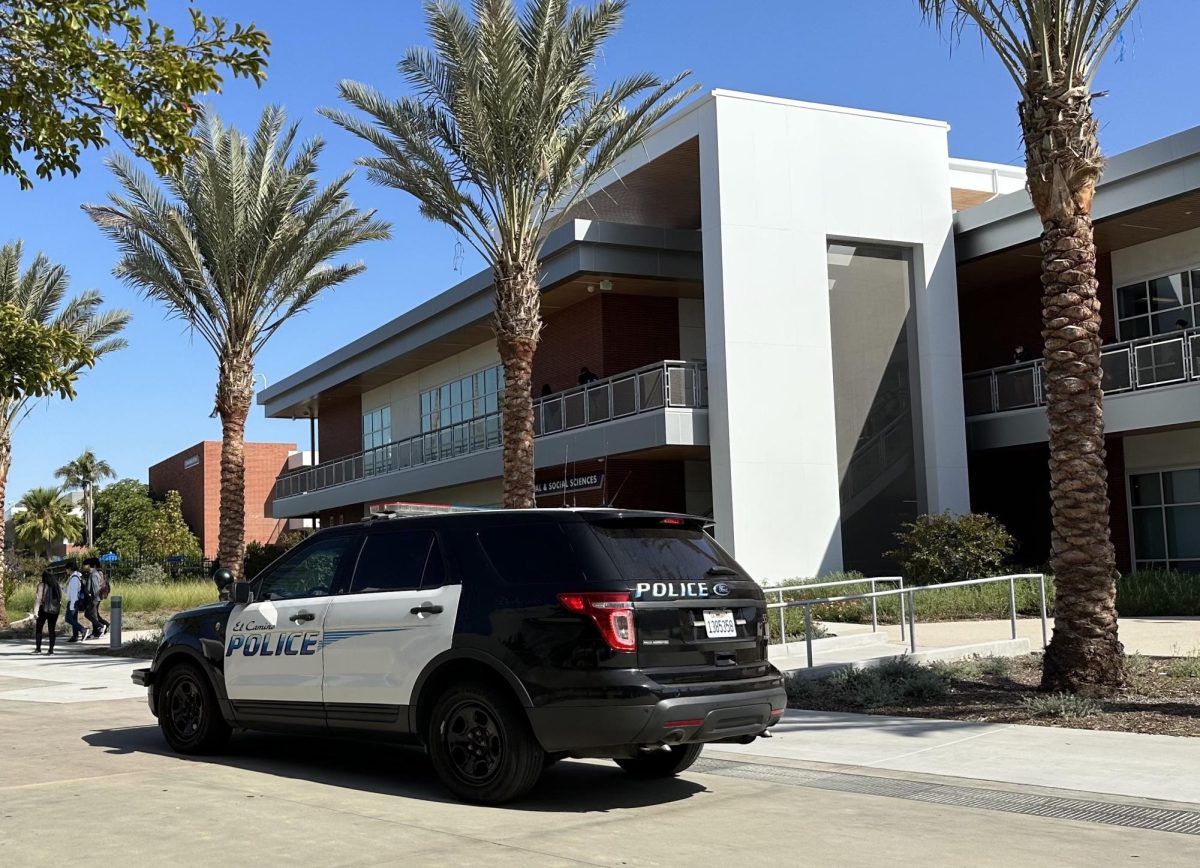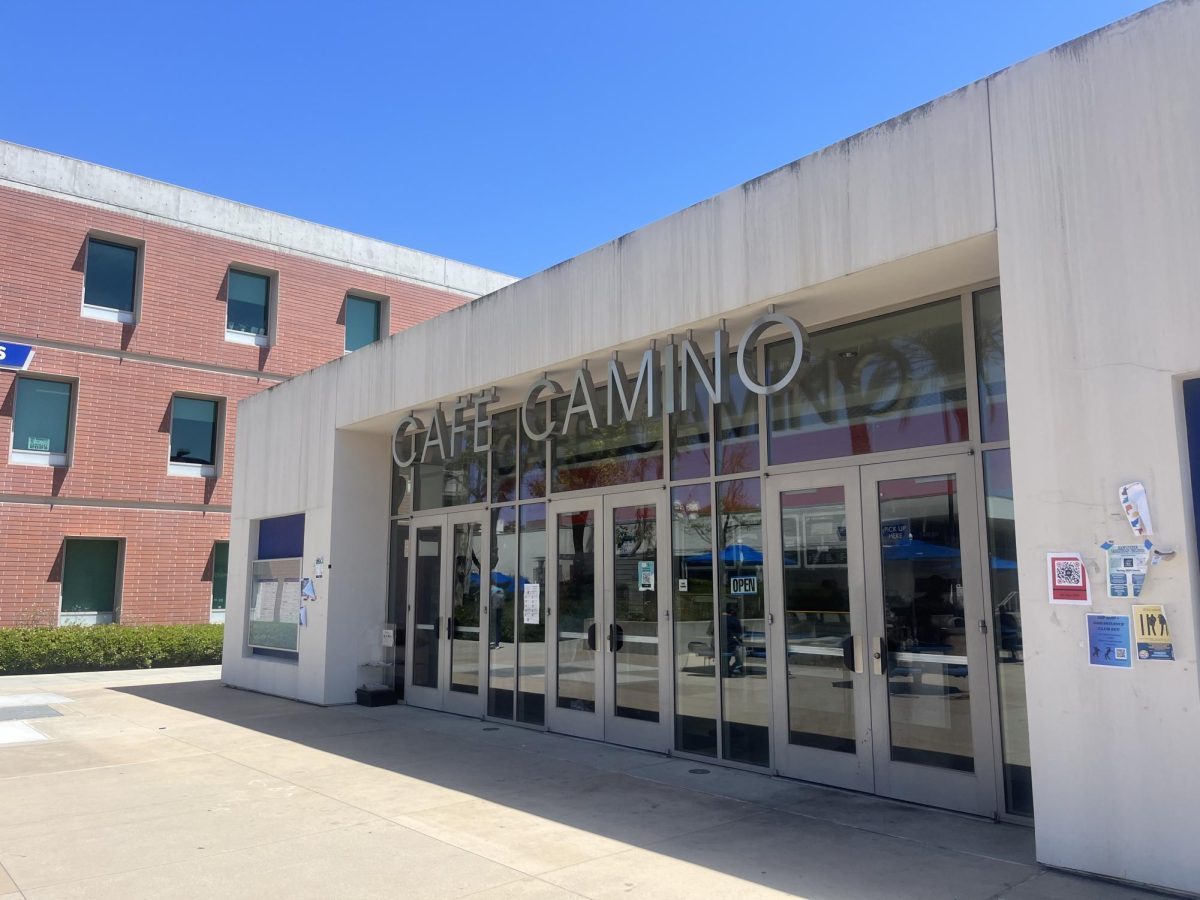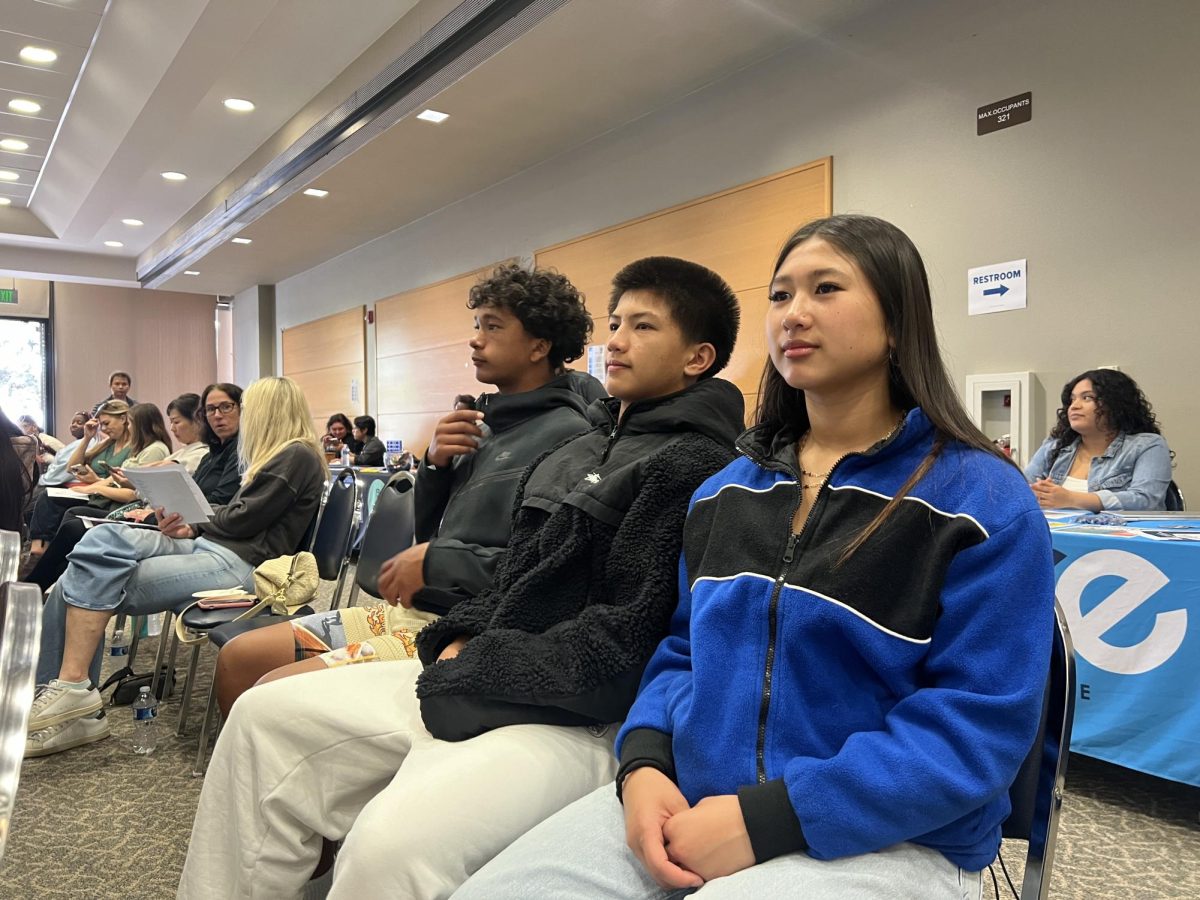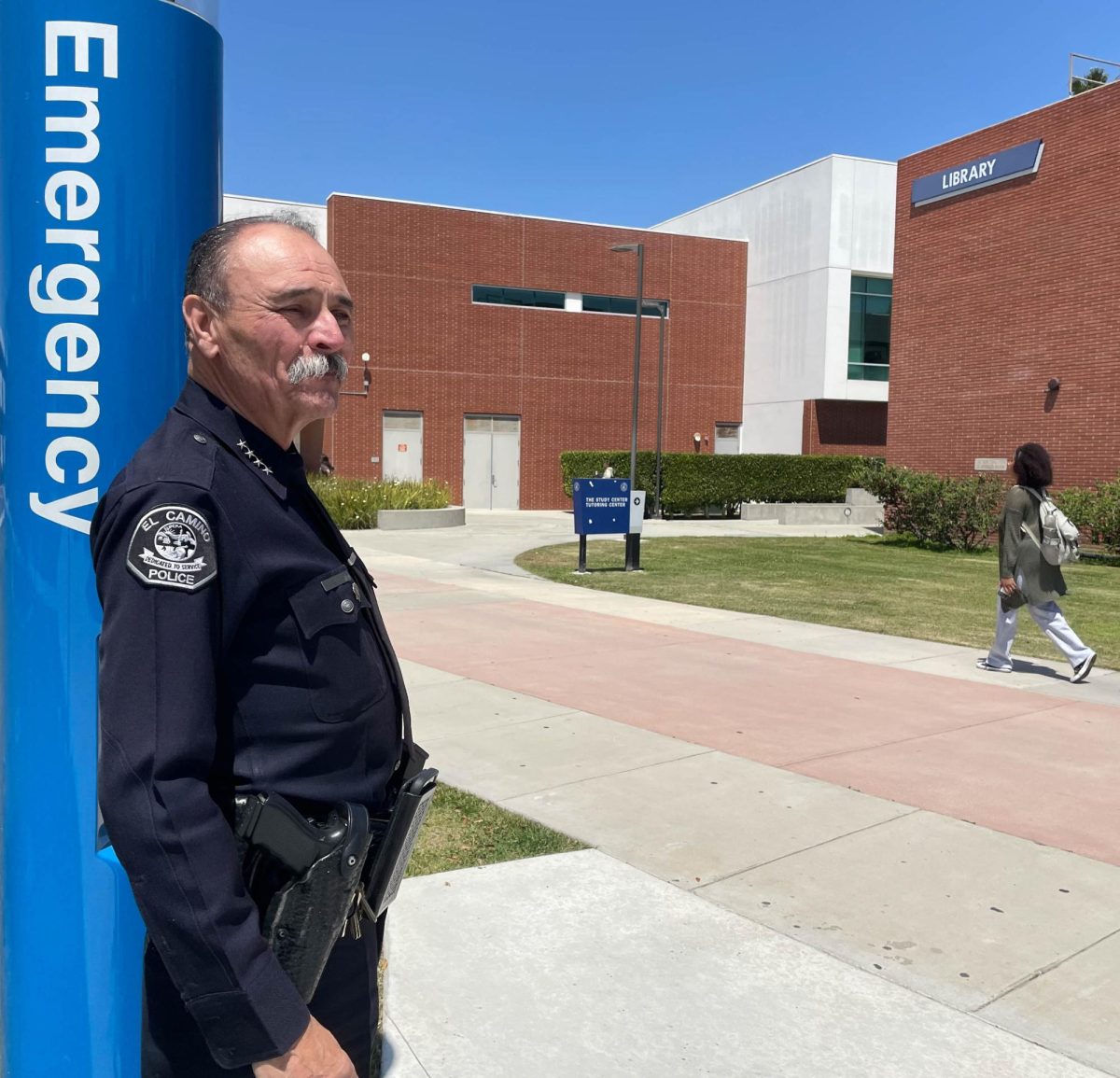Update: Oct. 12, 12:08 p.m. A correction was made to the name of counselor Luca Struble, whose name was previously spelled “Lucas Struble.”
The Deferred Action for Childhood Arrivals (DACA) program set up by former President Barack Obama in 2012 was officially rescinded by the Trump administration on Tuesday, September 5.
The DACA program allowed immigrants, specifically a group called Dreamers, a chance to live, study and work legally in the United States.
Generally, Dreamers are immigrants without an undocumented immigration status who arrived in the United States while they were under the age of 16.
When the decision was announced, worry spread throughout campus.
According to the Fall 2016 Student Profile report created by the Institutional Research and Planning division of El Camino College, 52.2 percent of the student population is made up of Latinos, many of which come from immigrant families.
Students and faculty were concerned about the future well-being of Dreamers and others who may be affected by the decision.
“This is really crucial because there are hundreds of thousands of kids who are just trying to pursue the American Dream and get their life together,” Astrid Nava, 19, liberal studies major, said. “Trump is trying to tear that down and it’s sad because (the kids) won’t be able to pursue that dream.”
Rene Lozano, transfer counselor and member of the Dreamer’s Task Force on campus, wanted students to understand that the decision to rescind DACA does not affect their ability to attend El Camino College.
AB 540 and DACA are completely independent, according to Lozano.
Assembly Bill 540, often shortened to AB 540, is a California state law that allows students who meet certain requirements to pay in-state tuition fees at any University of California, California State University, or California community college. It applies to legal permanent residents, United States citizens, and undocumented immigrant students.
As a California state program, AB 540 and the California Dream Act are completely separated from the DACA decision, which was made at the federal level.
A letter sent to all California community colleges by the California State Chancellor’s Office states, “The ‘unwinding’ of DACA does not impact a student’s ability to attend our colleges, qualify for an exemption from nonresident tuition fees under AB 540, or to apply for financial aid under the provisions of the California Dream Act.”
EC administration has remained an ally to Dreamers. A “Dreamer’s Task Force” was established in December 2016 to help provide information and resources to those impacted.
The Dreamer’s Task Force even held a discrete Dreamers United Event on Tuesday, September 5 to help answer students’ questions and alleviate their concerns about DACA. An immigration lawyer was present at the event to assist attendees.
On a larger scale, the American Association of Community Colleges also supports the continuation of the DACA program.
In a letter sent by the American Council on Education and supported by the AACC, they stated, “We urge you to continue your promise to support Dreamers and preserve DACA while seeking a permanent solution, and allow these productive and high-achieving individuals to continue to work, study and contribute to our great country.”
Monica Delgado, who is a member of the AACC, still worries about the future of immigrant students who will be affected by this decision.
“We’re a united front,” Delgado said. “Even if it’s contrary to the president, we have to protect our students and our citizens.”
Delgado is also the Program Coordinator for the Knowledgeable, Engaged, & Aspiring Students (KEAS) program on campus.
Luca Struble, philosophy professor, said that it’s “a matter of basic justice” that people like Dreamers, who were brought to the United States at a young age, are given the opportunity to stay here.
“I think that people have a right to pursue their lives and to access all sorts of resources,” Struble said.
EC is no stranger to offering resources to its students.
For any students who may be panicked during the aftermath of this decision, Susan Nilles, director of Student Health Services, said that the Student Health Center is ready to receive them.
“People are still in shock. There’s a lot of fear,” Nilles said. “Don’t forget us. We’re here.”
Students are able to schedule up to six psychological appointments at the Student Health Center per year.
Additionally, Nilles added that the finances of the Student Health Center stay primarily in-house, “If you’re undocumented, we don’t bill.”
Despite the impending struggle that undocumented students may face, some are optimistic about the future.
“This decision will bring about a lot of anxiety and fear,” Carolyn Pineda, 42, Research Analyst at the Institutional Research and Planning Office said. “But there are a lot of resources and support on campus and, luckily, El Camino has always been very supportive of our AB 540 students.”
More information on DACA, the California Dream Act, and AB 540 is available on the El Camino College website.
Reporting by Emma DiMaggio, Alissa Lemus, and Faith Petrie.








